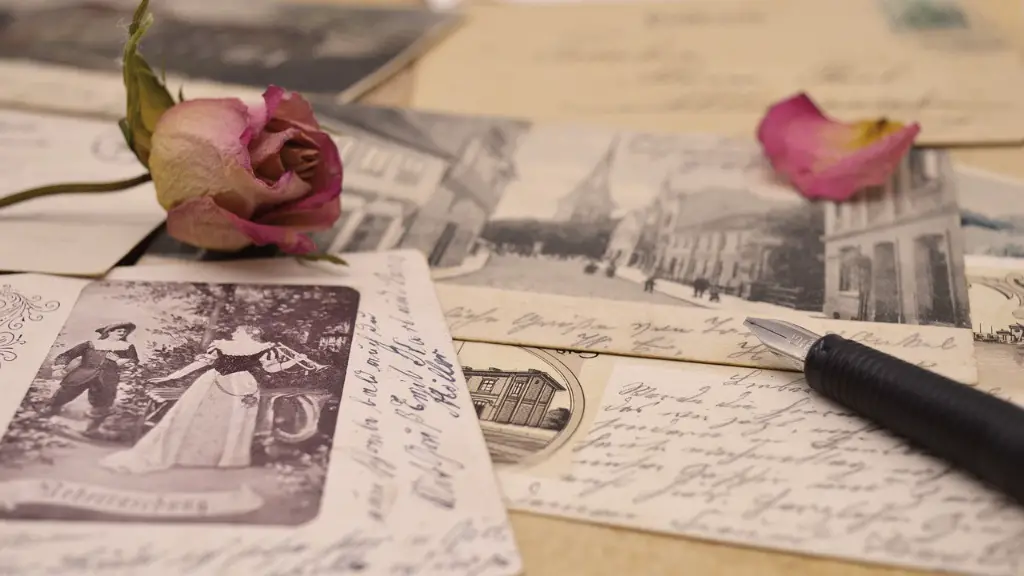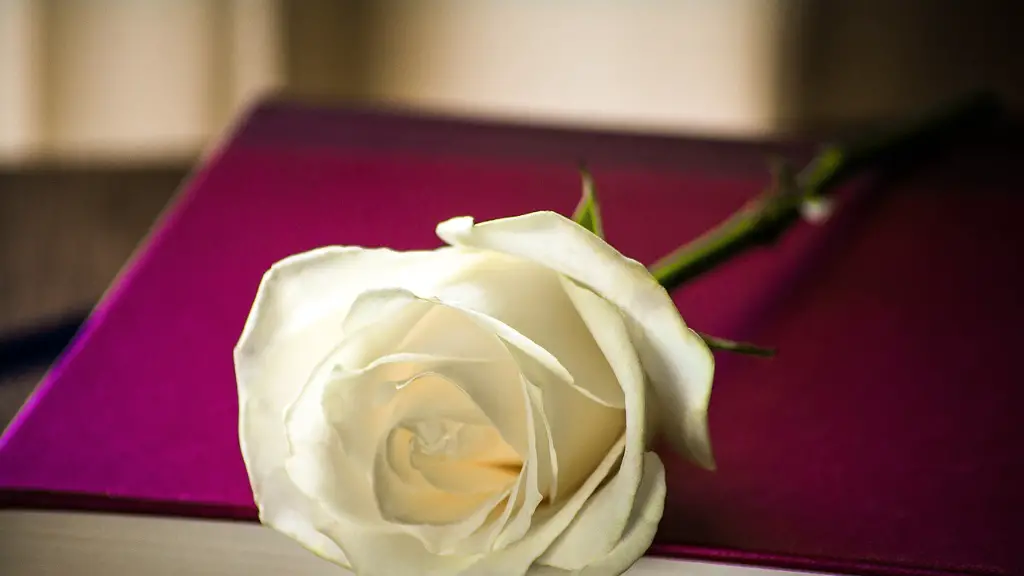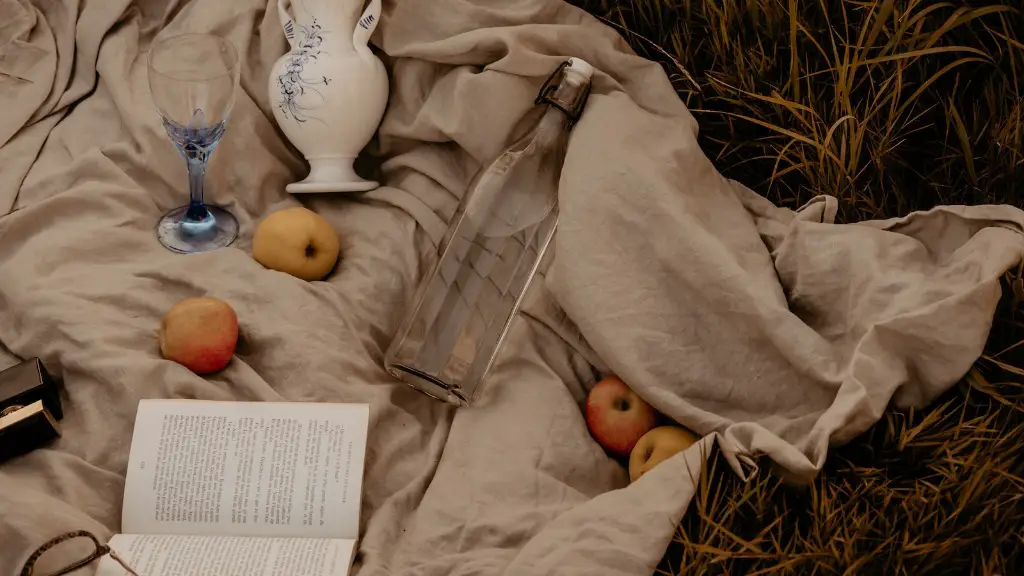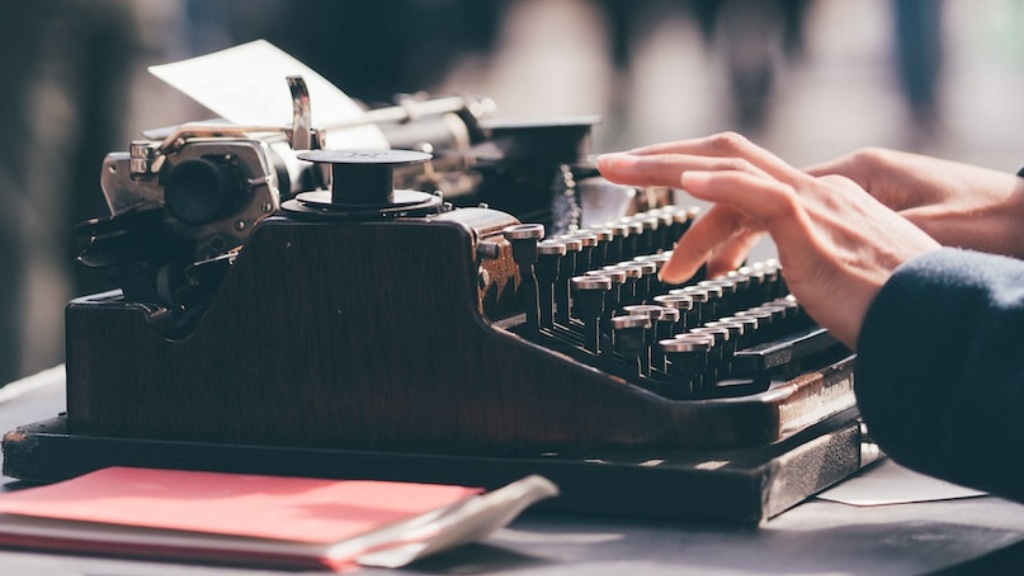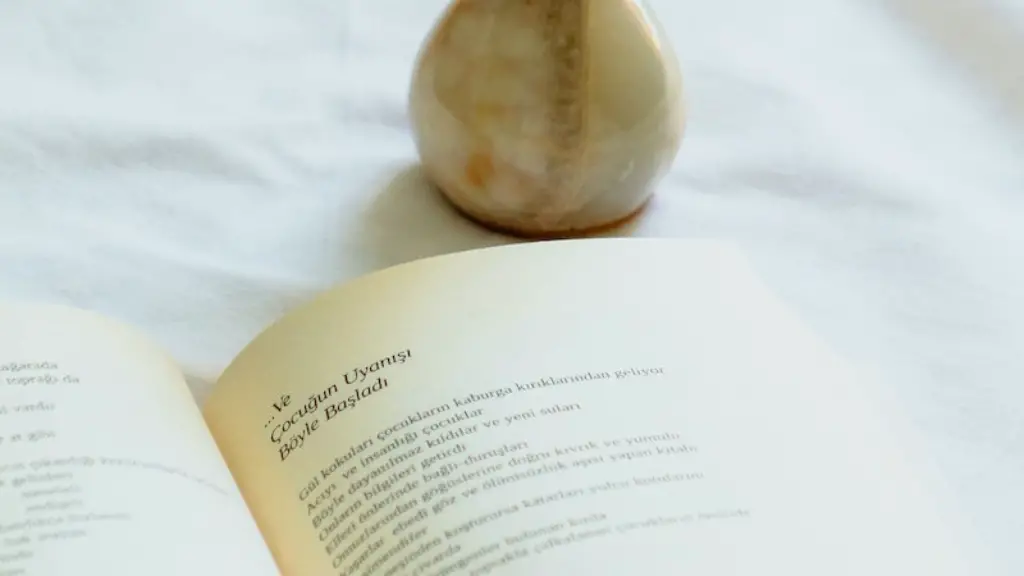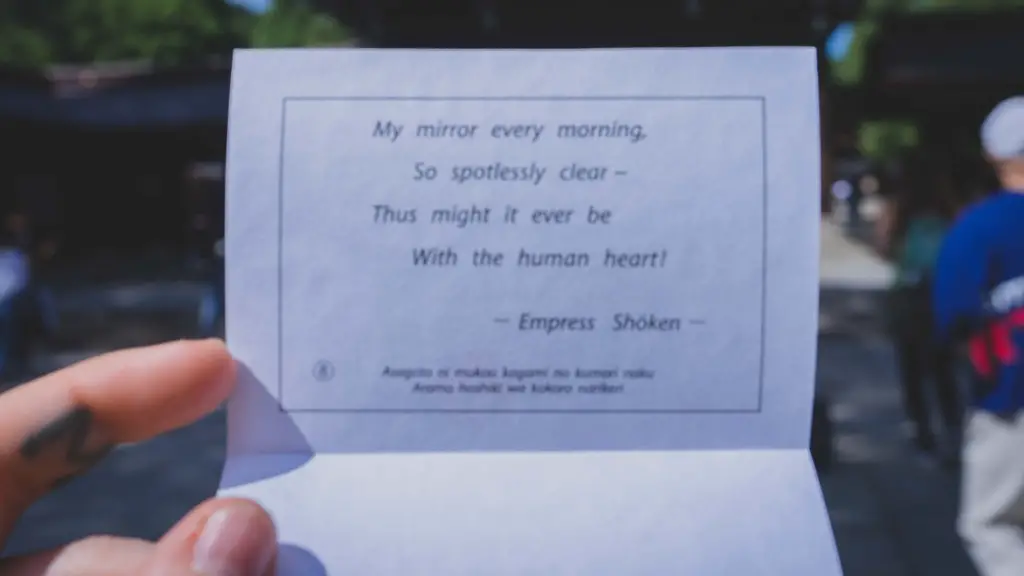Are songs considered poetry? When it comes to music, the line between a song and a poem is not always clear. Whether or not songs should be classified as a form of poetry is a matter of debate within the artistic community.
Those who argue that songs can be considered a type of poetry often point to the lyrical content, which often contains complex metaphors, imagery, and literary devices used to convey deep emotions. Songs can also consist of creative rhymes, elaborate forms, and the repetition of words and ideas.
On the other hand, others argue that songs and poetry are two separate forms of art. They maintain that there are certain elements that make a song different from a poem, such as the addition of music, which acts as a bridge between the individual words of the lyrics. Without music, artists argue, a song cannot exist. Moreover, certain styles of music, such as rock and rap, often use language that would never be found in a poem.
One thing is certain: both songs and poetry are used to convey ideas, emotions, and stories. The intent of both mediums is similar, and the underlying structure is often identical. The difference lies in the way in which they are presented to the audience. While a song is intended to be enjoyable, can be heard, and will likely be remembered, a poem is reflective and often meant to be read and studied.
As a result of these overlapping similarities, many experts argue that both songs and poetry should be respected for their distinct artistic merits. In fact, many artists are able to successfully combine the two art forms in such a way that the results are both beautiful and enlightening.
The Power of Music in Poetry
Music is often cited as a powerful tool to add an extra layer of emotion and meaning to a poem. By allowing readers to connect the words on the page with the underlying melodies and rhythms, music can help to bring the poem to life in a unique and powerful way. For example, poets such as William Wordsworth and Dylan Thomas used musical devices like alliteration to give their works additional layers of rhythm and feeling that weren’t present in the words alone.
The addition of music to a poem can also be used to explore larger themes and ideas. For example, in the poem “Amazing Grace,” the writer uses the melody of the song to convey the spiritual message of the piece, as well as hope and forgiveness. Similarly, in Shakespeare’s sonnets, the playwright uses music and rhyming couplets to explore the themes of love, death, and mortality. Thus, it is clear that music can be used to reinforce the message and emotive qualities of a poem in a way that would not be possible without it.
An Ancient Art Form
It is also important to note that poetry has been used to accompany music since ancient times. The earliest known example of poetry with music can be found in Hindu religious texts, which are often accompanied by chants and harmonies that are meant to help the words convey the spiritual messages of the pieces. Similarly, of the Ancient Greek dramas, such as Homer’s Iliad and Odyssey, were often accompanied by music and choral performances that were meant to add an extra layer of emotion and drama to the storytelling.
In medieval Europe, poetry and music were usually composed as separate entities, with the poetry typically being read aloud and the music being sung or played by instruments. However, in some cases, the two forms of art were combined to create a more powerful effect. For example, many of the madrigals of the Renaissance period were written in such a way that both the words and the music worked together to convey an idea.
In the modern era, many popular songs are considered to be a form of poetry due to their lyrical content. Songs such as “Bohemian Rhapsody,” by Queen, and “The Sound of Silence,” by Simon & Garfunkel are often cited as excellent examples of poetic song-writing. While some may disagree, it is clear that both songs and poems are powerful tools for artistic expression and communication.
An Appeal to the Emotions
One of the main qualities that differentiate songs from poems is their appeal to the emotions. While a poem may contain moving words and vivid imagery, songs are often much more effective at eliciting a strong emotional response. This is because the music itself plays a critical role in influencing how the listener feels about the song, and as it can add a certain level of intensity or emotion that the words alone cannot replicate.
Furthermore, certain genres of music, such as rock, jazz, and blues, are often known for their ability to invoke strong feelings of sorrow and joy in their listeners. Thus, the addition of music to a poem or song can be a powerful tool to convey a message in an emotive way.
The Relationship Between Poetry and Music
The relationship between poetry and music is a complex and often contentious one. While some argue that the two can be combined in meaningful and powerful ways, others insist that they are separate forms of art. Regardless of one’s opinion, it is clear that both songs and poetry have a unique and profound ability to evoke emotions and tell stories.
At the end of the day, whether a song can be considered a form of poetry or not is a matter for individual interpretation. For some, a song is an expression of art that should be respected and celebrated. For others, poetry is a separate and distinct form of artistic expression that should not be blended with music. Ultimately, it is up to each individual to decide how they view the relationship between the two art forms.
The Influence of Songwriting Throughout History
Through the centuries, songwriting has been a popular form of expression for both musicians and their listeners. The power of music can be seen throughout history, from the hymns of the Ancient Greeks, to the soaring melodies of classical composers, to the turbulent lyrics of punk and hip-hop artists. As such, it is clear that songs have been a powerful and enduring form of artistic expression throughout the ages.
Furthermore, the influence of songwriting has been felt in cultures across the world. From the traditional folk songs of India and Africa, to the and stimulating rhythms of Latin American music, to the lilting melodies of Asia, it is clear that the influence of music and songwriting is far-reaching.
Likewise, the influence of songs can also be felt in the modern era. From the Top 40 radio hits of today, to the punk and indie bands of the underground music scene, to the singer-songwriters of the coffeehouse circuit, it is clear that songwriting is a popular form of expression which continues to evolve and captivate audiences.
The Impact of Technology on Songwriting
In recent decades, the advancement of technology has had a profound impact on the world of songwriting. Digital audio workstations, or DAWs, are now the industry standard for song creation, allowing musicians to create entire songs with just a few clicks. Furthermore, with the advent of streaming services like Spotify and Apple Music, the music industry has been revolutionised, allowing artists to reach a wider audience than ever before.
Additionally, technology has allowed for the emergence of a new wave of songwriters and producers who use computers to create and record their work. These producers, who are often referred to as bedroom producers, have revolutionised the way in which music is created, allowing for a deeper creative process and unprecedented levels of control.
Finally, technology has allowed for a more democratised access to music, making it easier than ever before for aspiring songwriters to make their work heard. From Soundcloud and Bandcamp, to online radio shows and podcasts, it is clear that technology has opened up new opportunities for songwriters to share their work with the world.
